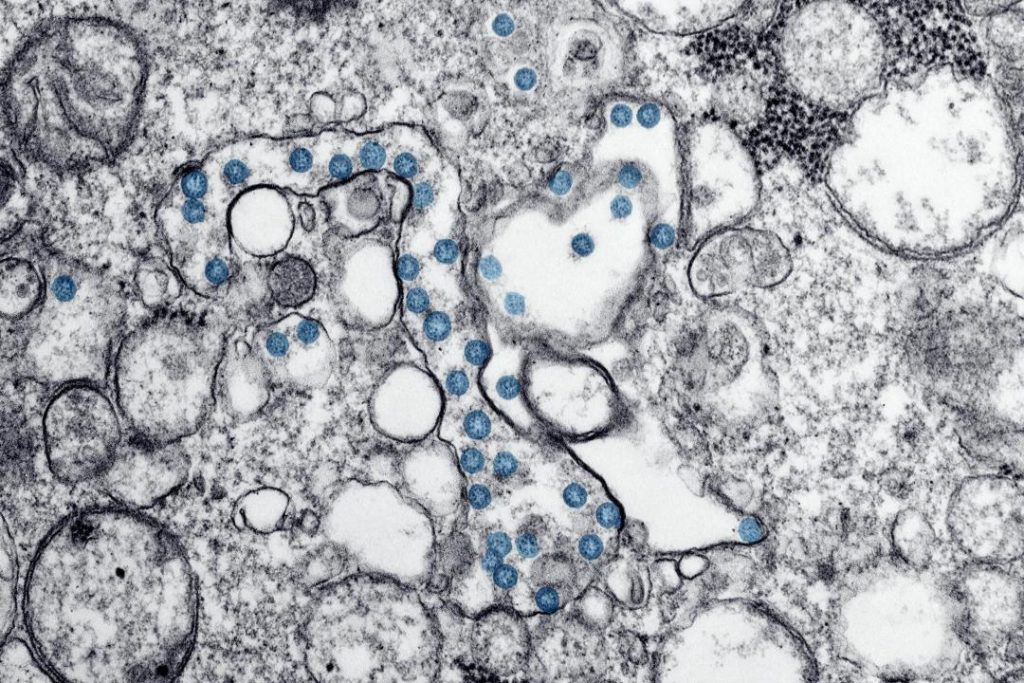
Cholesterol Levels Tied to Infection Risk: Study
When it comes to maintaining good health, many of us focus on keeping our cholesterol levels in check. After all, high cholesterol is a major risk factor for heart disease, one of the leading causes of death worldwide. However, a new study published in the European Heart Journal Open has shed light on a surprising connection between cholesterol levels and infection risk. The research suggests that people with genetically low LDL (bad) cholesterol may be less likely to develop bacterial infections, but more susceptible to viral infections.
The study, which analyzed data from over 3,000 individuals with a rare genetic condition that affects cholesterol levels, found that those with low LDL cholesterol had a significantly lower risk of developing bacterial infections such as sepsis, pneumonia, and diarrhoea. On the other hand, they were more likely to contract viral infections, including HIV.
So, what does this mean for our overall health? The findings suggest that while low LDL cholesterol is beneficial for heart health, it may also influence how our immune system responds to infections. This means that individuals with low LDL cholesterol may need to be more vigilant in taking precautions to prevent infections, especially viral ones.
To better understand the connection between cholesterol levels and infection risk, it’s essential to delve into the science behind it. LDL cholesterol is often referred to as “bad” cholesterol because it can build up in the walls of our arteries, increasing the risk of heart disease. However, it also plays a crucial role in our immune system, helping to fight off bacterial infections.
When we have low LDL cholesterol, our immune system may be less effective at combating bacterial infections, making us more susceptible to developing illnesses such as sepsis, pneumonia, and diarrhoea. On the other hand, viral infections, such as HIV, may be more difficult for our immune system to fight off, potentially leading to a higher risk of infection.
The study’s findings have significant implications for our understanding of the relationship between cholesterol levels and infection risk. For individuals with genetically low LDL cholesterol, it’s essential to take proactive steps to prevent infections, such as getting vaccinated, practicing good hygiene, and avoiding close contact with people who are sick.
The study’s lead author, Dr. [Name], emphasized the importance of these measures, stating, “Our study highlights the complex interplay between cholesterol levels and infection risk. While low LDL cholesterol is beneficial for heart health, it’s crucial for individuals with this condition to take extra precautions to prevent infections.”
So, what can we do to reduce our risk of infection, regardless of our cholesterol levels? Here are some simple yet effective measures to take:
- Get vaccinated: Vaccines are a powerful tool in preventing infections. Make sure to stay up-to-date on all recommended vaccinations, including those for bacterial and viral infections.
- Practice good hygiene: Wash your hands frequently with soap and water, especially after using the bathroom and before eating. Avoid close contact with people who are sick, and avoid sharing food, drinks, or personal items.
- Eat a balanced diet: A diet rich in fruits, vegetables, whole grains, and lean proteins can help boost your immune system and reduce your risk of infection.
- Stay physically active: Regular exercise can help keep your immune system strong and reduce your risk of infection.
- Manage stress: Chronic stress can weaken your immune system, making you more susceptible to illness. Practice stress-reducing techniques, such as meditation, yoga, or deep breathing exercises.
In conclusion, the study’s findings highlight the importance of considering the connection between cholesterol levels and infection risk. While low LDL cholesterol is beneficial for heart health, it may also influence our immune system’s response to infections. By taking proactive measures to prevent infections, we can reduce our risk of illness and maintain overall good health.
Source: https://thepfc.club/blogs/news/how-low-ldl-cholesterol-affects-your-risk-of-infections






